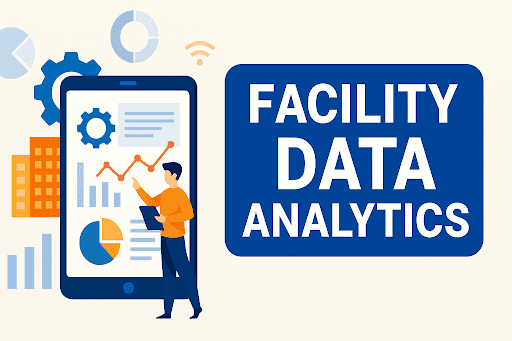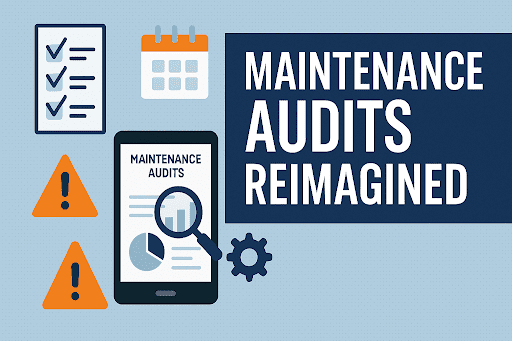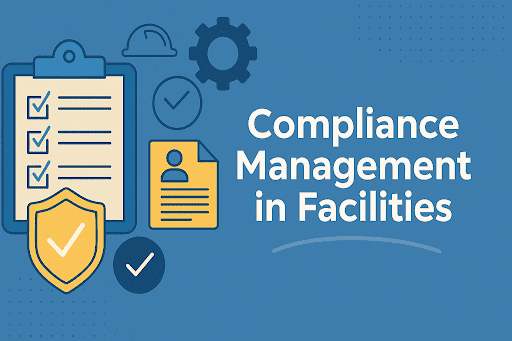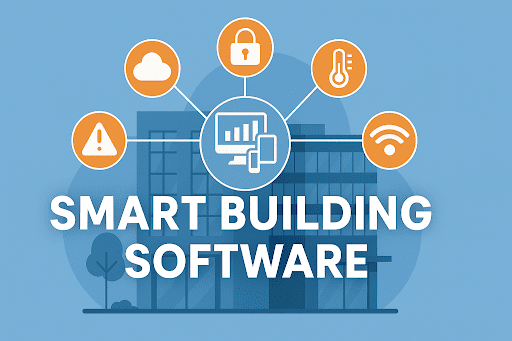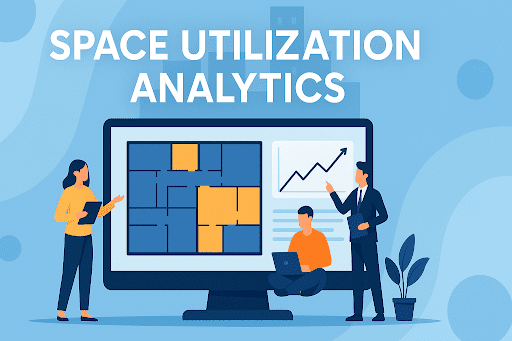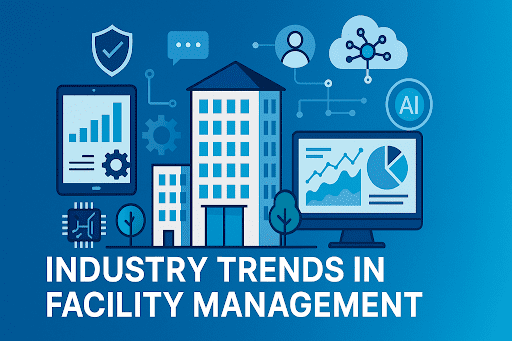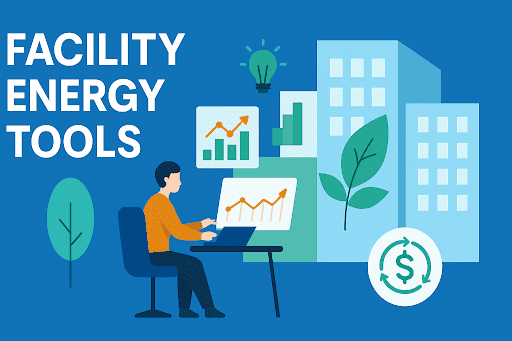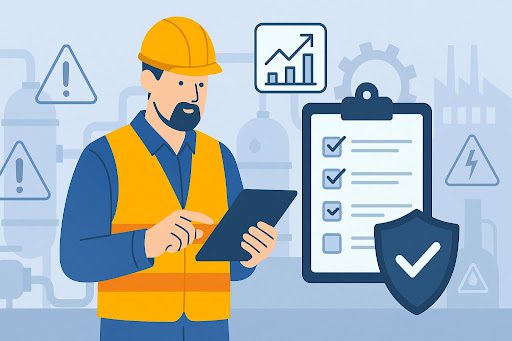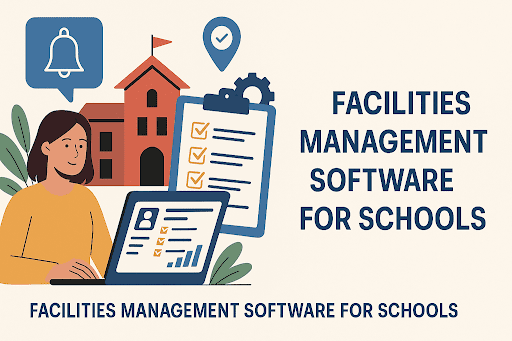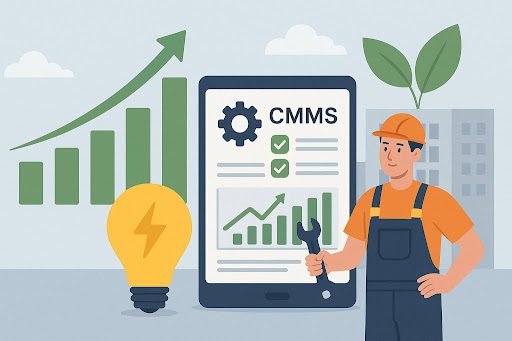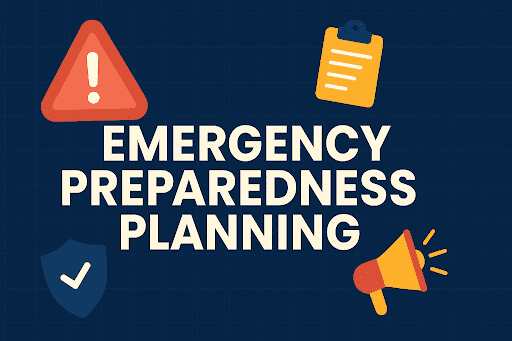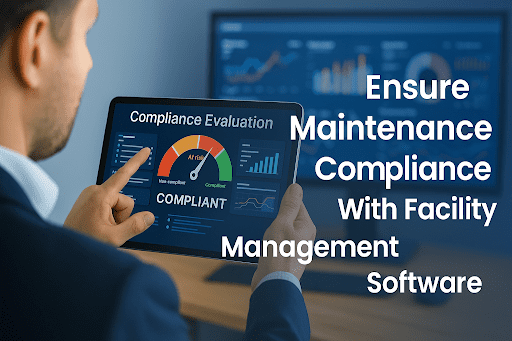 BACK TO Blog
BACK TO Blog
Asset Rental Management
Facility
Boost Equipment Uptime with Preventive CMMS Software
- June 16, 2025
- DreamzCMMS Team
- 9 minutes read
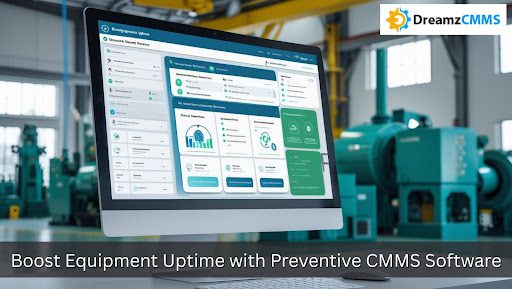
- June 16, 2025
- DreamzCMMS Team
- 9 minutes read
Asset-intensive industries need equipment uptime as an essential factor to achieve operational excellence and maintain productivity levels. Equipment breakdowns lasting only a few hours will lead to operational delays while increasing costs and failing to meet service-level agreements. The availability of Preventive CMMS software allows businesses to prevent disruptions from occurring.
Organizations can automate scheduled maintenance through a Preventive CMMS while achieving better asset management and centralized operations to minimize equipment downtime. The advanced features of this technology provide mobile preventive maintenance app access together with recurring task automation and calendar-based scheduling that enable teams to perform equipment maintenance proactively and extend equipment lifespan.
Preventive CMMS helps organizations achieve equipment uptime improvements alongside enhancing operational resilience and long-term Return on Investment (ROI).
Boost Equipment Reliability with Smart Maintenance
The implementation of automated scheduling coupled with mobile-enabled maintenance workflows enables the prevention of failures.
Discover the benefits of our Asset Maintenance Management Software.
What Is Preventive CMMS?
A Preventive CMMS exists as a software system which controls regular maintenance work before equipment breakdowns occur. The system enables efficient time-based and usage-based PM task planning and execution instead of waiting for breakdowns.
The system operates as a single maintenance schedule software platform which enables:
- Assign work orders and track progress
- Automate service intervals
- Maintain asset health records
- Monitor parts inventory and usage
- Support compliance and audit trails
The need for emergency preparedness planning in facilities and industries has led to preventive CMMS systems that ensure assets function reliably when unexpected situations occur.
Read more: Emergency Preparedness Planning →
Why Equipment Downtime Is So Expensive
Businesses lose large sums of money amounting to tens of thousands of dollars per hour when equipment fails unexpectedly. The breakdown leads to manufacturing disruptions together with workforce standby periods and crisis maintenance expenses as well as service delivery delays. The operational breakdowns in healthcare or logistics sectors affect both human safety and business client relationships.
Traditional maintenance practices operate through reactive responses while showing inconsistent patterns. The practice of spreadsheet use or memory-based approaches results in inspection failures which trigger unplanned system shutdowns. A CMMS with calendar-based scheduling provides scheduled maintenance for critical assets through precise scheduling which eliminates human errors.
How Preventive CMMS Software Increases Equipment Uptime
1. Automated Scheduling with Precision
The main benefit of preventive maintenance software comes from its automated scheduling which operates based on predefined rules. The system enables scheduled PM tasks through pre-established time periods and performance thresholds.
A generator inspection should be performed every 1,000 operating hours or every six months whichever occurs first. The combination of time-based and usage-based PM approaches enables proactive maintenance which prevents equipment breakdowns during essential operational periods.
2. Mobile Preventive Maintenance App for Field Teams
Maintenance isn't confined to the office. The mobile preventive maintenance application gives field technicians access to:
- Work orders
- Equipment history
- Maintenance checklists
- Photos and notes
- Safety instructions
Field teams use the platform to perform tasks directly at sites while scanning asset tags to provide immediate status updates thus shortening the time between task generation and completion.
The functionality supports operations with distributed teams operating in construction and rental sectors because mobile efficiency remains essential. Many organizations now use mobile collaboration tools as frequently as their equipment.
See how mobile tech transforms teams: Collaboration Tools for Construction Teams →
3. Recurring Maintenance Task Automation
With traditional planning, teams manually track recurring tasks—which is inefficient and prone to error. A Preventive CMMS automates these routines, creating preventative work orders at the right intervals.
You can customize templates for:
- Monthly HVAC inspections
- Biannual safety checks
- Weekly lubrication schedules
This consistency reduces the risk of human oversight and ensures every asset gets the attention it needs—right on time.
4. Asset Lifecycle Maintenance Planning
The most advanced CMMS platforms include asset lifecycle maintenance planning tools which track assets from purchase to disposal. The visibility enables teams to:
- Understand usage patterns
- Predict failure points
- Extend asset lifespan
- Justify asset replacement decisions
A data-driven maintenance approach reduces breakdowns while also serving as a tool for capital expense optimization.
5. Inventory and Parts Management
Equipment breakdowns result in downtime but parts shortages also cause delays. Preventive maintenance management tools track inventory levels together with vendor information and reorder thresholds.
The system ensures:
- Technicians begin their work with the necessary parts.
- Managers avoid overstocking and stockouts.
- Maintenance isn’t delayed by procurement bottlenecks.
Fast efficient repairs become possible because of this approach which avoids interruptions.
6. Predictive vs. Preventive Maintenance Tools
The blog explores preventive maintenance but it acknowledges how predictive maintenance is becoming more popular. Real-time analytics combined with sensor data enables teams to determine when equipment failures will occur.
Most organizations implement predictive and preventive maintenance tools as complementary systems:
- Preventive CMMS handles routine scheduling.
- Predictive systems alert teams to anomalies and risk trends.
When these systems are used together organizations achieve better asset performance alongside reduced downtime and improved decision quality.
Key Features of an Ideal Preventive CMMS
The selection of appropriate software proves essential for organizations to achieve complete benefits from proactive maintenance programs. A preventive maintenance-focused CMMS needs to incorporate complete tools that handle all aspects of asset management together with scheduling requirements and technician workflow operations. A CMMS delivers its maximum value when these essential features are implemented:
Calendar-based PM scheduling
The system enables managers to develop recurring tasks by using daily to annual cycles which serve as a basis for maintenance planning. Regular inspections and servicing of equipment must occur within set timeframes to prevent extended asset downtime.
Support for recurring maintenance task automation
The system performs regular maintenance activities including filter replacements and inspections and safety checks without requiring human involvement. The system decreases administrative tasks while maintaining uniformity in maintenance procedures.
QR/barcode scanning and mobile access
The system enables technicians to read equipment tags through mobile devices so they can access asset records and work orders as well as perform maintenance logs which simplifies their field operations and cuts down paperwork.
Asset hierarchy tracking
The system enables organizations to establish equipment relationships through parent-child structures that connect production lines to machines and components thus enhancing failure tracking and task assignment and asset care planning.
Digital work order management
The system enables quick work order generation along with assignment capabilities followed by work order completion. Users can access task descriptions as well as photos and technician notes and priority levels and checklists from both desktop and mobile interfaces.
Inventory and vendor database
The system maintains instant records of spare parts along with restock levels and vendor contact information and lead time data. The system keeps critical components available before maintenance deadlines to prevent maintenance delays.
Custom checklists and task templates
The system enables organizations to create standard processes for inspections and compliance checks which helps minimize errors and maintains consistent execution for each task repetition.
KPI dashboards and reporting
Through visual reports the system enables users to track essential performance metrics which include mean time to repair (MTTR) and PM compliance rate and downtime hours and labor utilization for data-driven decision making.
These features create the essential elements which support high-performance Preventive CMMS operations. Maintenance teams can use these features to achieve reduced downtime and improved technician efficiency while achieving better asset management through precise control.
Industry Applications of Preventive CMMS
The uptime requirement exists across all sectors that include construction as well as rentals and energy. Preventive CMMS delivers quantifiable advantages in:
Manufacturing
Assembly line equipment failures get prevented by this system which sustains production flow.
Facilities Management
The system maintains proper operation of essential facilities including HVAC and elevators.
Explore more: Facility Management Software →
Rental Equipment Industry
The rented machinery gets serviced between uses which improves safety levels and increases equipment lifespan.
The rental asset management process gains benefits from preventive scheduling practices particularly for rental asset operators. The preventive scheduling system delivers improved performance while extending asset lifespan and generating better returns throughout its operational period.
Learn how to maximize returns: Maximizing ROI on Rental Equipment →
Implementation: Steps to Deploy Preventive CMMS
Step 1: Asset Data Collection
All equipment that needs maintenance should be recorded with their serial numbers together with their service records and OEM manuals.
Step 2: Define PM Schedules
Manufacturers' recommendations and performance information should guide the establishment of time-based and usage-based PM intervals.
Step 3: Configure the System
Asset data loading must be followed by trigger setup and task template development and technician assignment and inventory item linking.
Step 4: Train Your Teams
The field staff needs training on both desktop and mobile platforms to achieve full utilization of the maintenance app.
Step 5: Monitor and Optimize
Through dashboard analytics organizations can modify their scheduling systems and monitor KPI data to develop predictive maintenance approaches.
Real-World Example: Boosting Uptime with Preventive CMMS
The beverage manufacturing company operated with out-of-date spreadsheets which led to frequent failures of their bottling lines. The company implemented:
- Mobile work orders
- Predictive vs. preventive scheduling
- Parts tracking and alerts
In six months, they achieved:
- 48% reduction in machine downtime
- 35% improvement in technician response time
- 30% lower emergency repair costs
The concrete impact of digital maintenance transformation and cross-departmental collaboration becomes evident.
Also see how CMMS complements Field Sales Software →
Final Thoughts
The modern economy's high speed along with data-driven operations transforms equipment uptime from maintenance measurement to a key business advantage. Organizations that reduce downtime succeed in both minimizing operational disturbances and developing stronger market positions through their reliability and higher customer satisfaction and increased profitability.
A Preventive CMMS enables organizations to move maintenance activities from a costly reactive process into an efficient data-driven approach. The system allows maintenance personnel to predict problems while optimizing their resources and stretching equipment lifecycles while maintaining continuous operation.
Businesses can achieve the following benefits when they use mobile preventive maintenance apps and calendar-based PM scheduling together with real-time analytics capabilities:
- Higher asset reliability, thanks to consistent and timely upkeep
- The equipment life extension through reliable maintenance practices results in better return on investment (ROI) from machines and reduced unexpected failures.
- Work environments become safer because equipment standards are achieved through maintenance practices.
- Maintenance costs decrease due to efficient emergency repair management and better resource distribution.
Preventive maintenance goes beyond equipment repair because it maintains operational functionality while creating more efficient lean operations. Businesses should leave behind traditional manual systems to adopt modern Preventive CMMS tools which provide scalable performance together with efficiency and resilience.
Ready to Maximize Uptime and Efficiency?
DreamzCMMS enables organizations to achieve maximum asset potential through its intelligent asset management solutions.
Ready for More?
Talk to one of our CMMS experts and see how DreamzCMMS can simplify your maintenance operations.
Book a free consultation